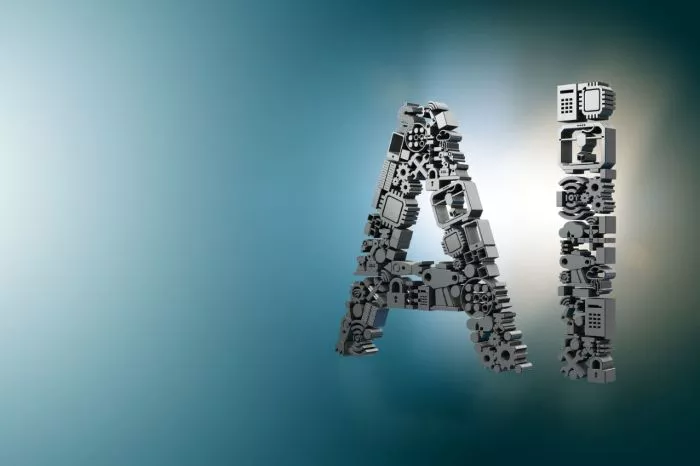At the landmark China Europe International Conference on Vocational Education, leaders from China and the European Union laid the groundwork for a transformative partnership to reshape workforce development for the artificial intelligence revolution. The Qingdao gathering produced concrete plans for cross-border collaboration, including the establishment of a joint China-EU Digital Training Cloud Platform, as nations grapple with the dual challenges of technological disruption and emerging skill demands.
“The velocity of professional obsolescence has accelerated dramatically,” observed Liu Qibao, president of the China-EU Association, noting China’s recent move to formalize 59 new AI-related professions ranging from drone swarm coordinators to generative AI testers. This professional metamorphosis is driving radical changes in vocational pedagogy, with the Suzhou Chien-Shiung Institute of Technology pioneering immersive solutions like VR biopharmaceutical labs where students master complex procedures through hyper-realistic simulations before touching actual equipment.
Former Spanish Prime Minister José Luis Rodríguez Zapatero framed the challenge in stark terms: “While AI will undoubtedly create more jobs than it eliminates, the transition demands unprecedented international cooperation.” His call for ethical guardrails resonated through conference halls, as delegates endorsed principles for responsible AI integration in education. The consensus position emphasizes human-centered design in digital learning platforms that will soon connect technical institutes across Eurasia.
Tangible outcomes from the summit include twelve signed cooperation agreements between Chinese vocational schools and European counterparts, particularly from Germany’s renowned dual-education system. These partnerships will co-develop curricula addressing critical competency gaps in smart manufacturing and green technologies. Notably, the agreements establish exchange programs allowing Chinese apprentices to train with European manufacturers while EU students gain hands-on experience in China’s advanced digital infrastructure projects.
The proposed China-EU Digital Training Cloud Platform represents perhaps the most ambitious initiative, designed to simulate real-world industrial environments through mixed reality. Early prototypes demonstrate how Finnish forestry management techniques can be taught virtually to Chinese students, while Portuguese renewable energy solutions are adapted for Mediterranean climates—all within a shared digital ecosystem. This platform aims to train 50,000 technicians annually by 2026, creating a new model for transnational skills development in the AI age.
Related Topic:
- Rosewood Beijing’s ‘Taste of Spring’ Menu Brings Literary Inspiration to the Table
- German Entrepreneur Brews Yunnan’s Coffee Revolution
- Michelin-Starred Chef Ugo Rinaldo Hosts Tea-Inspired Countryside Dinner in Zhejiang

